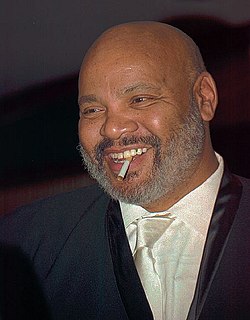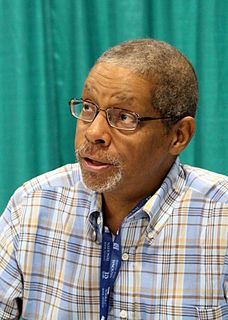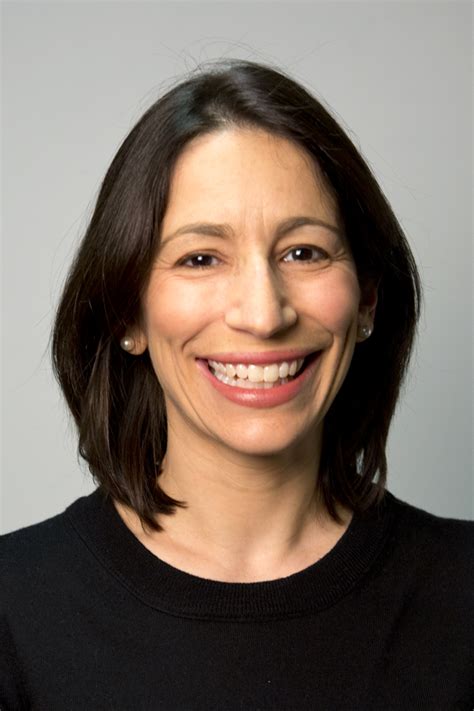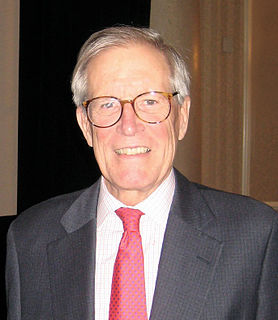A Quote by John Ridley
There remains a degree of anti-black intellectualism in entertainment. Middle and upper-middle class blacks have often been portrayed as buffoons in popular culture; witness the characters of Carlton Banks on 'The Fresh Prince of Bel-Air' and Braxton P. Hartnabrig on 'The Jamie Foxx Show.'
Related Quotes
We do not need to minimize the poverty of the ghetto or the suffering inflicted by whites on blacks in order to see that the increasingly dangerous and unpredictable conditions of middle-class life have given rise to similar strategies for survival. Indeed the attraction of black culture for disaffected whites suggests that black culture now speaks to a general condition.
The liberal wing of the feminist movement may have improved the lives of its middle- and upper-class constituency--indeed, 1992 was the Year of the White Middle Class Woman--but since the leadership of this faction of the feminist movement has singled out black men as the meta-enemy of women, these women represent one of the most serious threats to black male well-being since the Klan.
The American middle class, it seems to me, is looking to politicians now to satisfy a pretty basic - and urgent - level of need. Yet people in the upper middle class - with their excellent health benefits, schools, salaries, retirement plans, nannies and private afterschool programs - have journeyed so far from that level of need that, it often seems to me, they literally cannot hear what resonates with the middle class. That creates a problematic blind spot for those who write, edit or produce what comes to be known about our politicians and their policies.






































